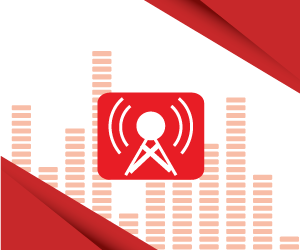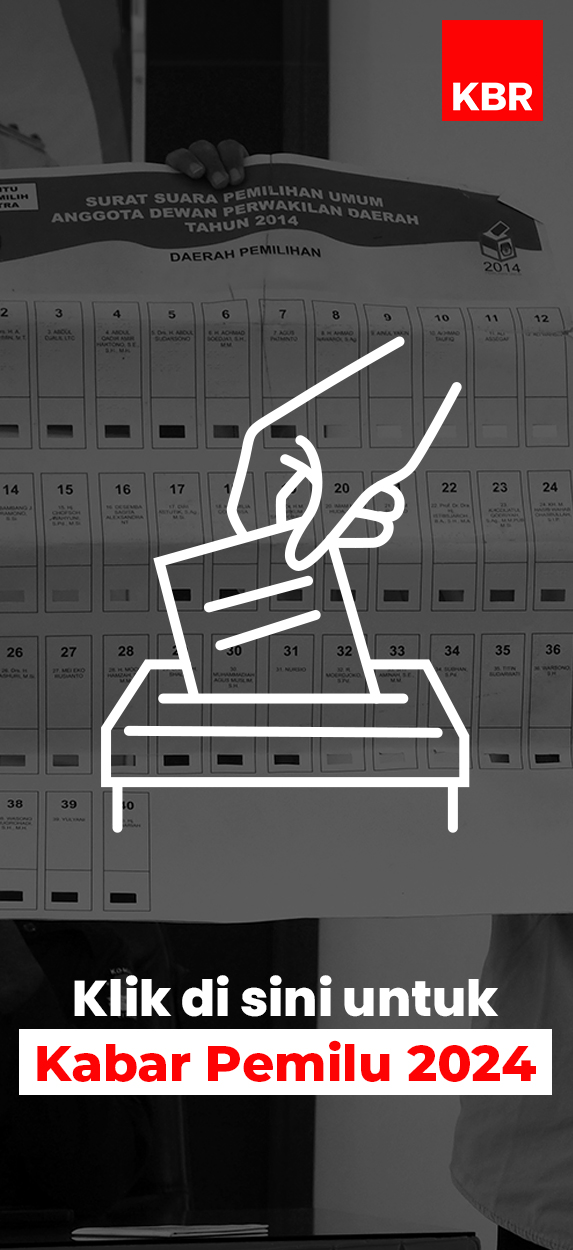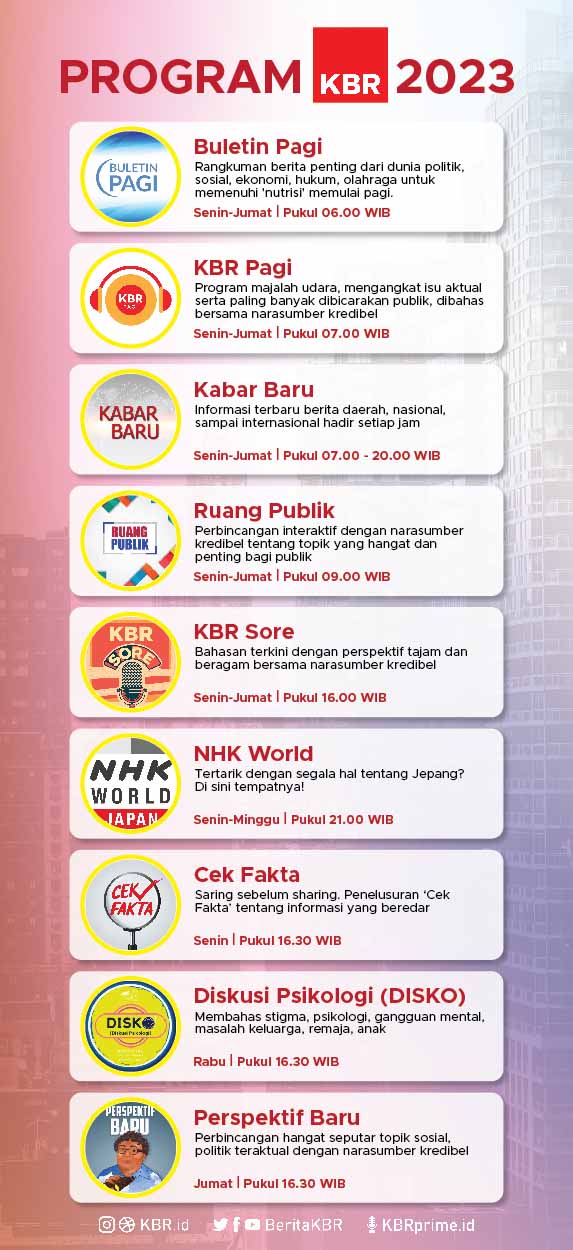Over the last 15 years, US-based watchdog Human Rights Watch has documented hundreds of cases in the Indonesian province of Papua... where police, the military, intelligence officers and prison guards have used excessive force when dealing with Papuans taking part in peaceful anti-government protests.
Despite the dangers, 55-year-old Father Johanes Djonga continues to educate local people on their human and political rights.
He now lives near the Baliem River in Wamena, Papua.
“This is my morning ritual… feeding the chickens, the fish….
His neighbor, Damianus Wetapo comes to learn more about farming.
“I want to learn how to take care of fish ponds. Father Djonga has shown us many good examples. As locals, we’re very happy to have him here. We have so many activities now. He takes care of us.”
Wamena is a new home for Father Djonga, but he has been living in the province for nearly 30 years.
And along the way he has witnessed the abuse that locals have to face from the security forces.
“For Papuans, it’s more about politics. It’s about their right to speak. When they protest or fight for justice, the authorities try to stop them. I think this is really dangerous.”
In 2007, the Indonesian military started an operation to round up members of the Free Papua Movement, or the OPM, that campaigns for an independent Papua.
The movement is outlawed in Indonesia and many of its supporters are in jail.
But Father Djonga fights alongside local people, who feel intimidated by the military.
“I have to fight against the military, police officers. They even call me the Father of OPM. But what’s more important is how to stop the OPM and the Indonesian military from fighting against each other, killing and shooting each other. I’m trying to use a more humanitarian approach. The members of OPM or the Indonesian military might be Muslims, but when we talk about humanitarian issues, there are no distinctions.”
In 2009, Father Djonga received the Yap Thiam Hien Award for his fight for Papuan rights.
The award is Indonesia’s most prestigious human rights award, named after an Indonesian Chinese lawyer and human rights activist.
And even today, he continues his daily fight for human rights.
One of his recent initiatives is to support local Papuan women who are struggling to sell betel nuts after the arrival of a big investor in town.
“I ask them, how do you feel about the situation? Does the government support you to continue selling betel nut? We get them together, and we support them if they want to go to Parliament. Speak up…. don’t worry.”
Selira Wenda says she feels threatened by the big shops.
“Big investors sell betel nut in shops. We’re Papuans, but the government doesn’t help us. We could use some financial support from the government.”
According to Father Djonga, this shows how the Papuans are still marginalized by the Indonesian government – politically, economically and culturally.
To tackle the issue in the long run, Father Djonga formed Papuan Voices – a group of young Papuans who are concerned with human rights issues.
He hopes to inspire the young generation to continue the fight in a peaceful way.
“We teach young people to investigate, to write reports and stories about what’s going on in the province. It’s not the time to use arrows, spears, or guns. Let’s fight with our pens… let’s look at the injustice surrounding us and write about it.”
Jakarta-based human right NGO, Imparsial, is helping Father Djonga with his new initiative.
Poengky Indarty is Imparsial’s Executive Director.
“We give training to Father Djonga’s students. We want to help him to build the peace village in Keerom and Wamena. That’s what I admire the most about Father Djonga… he never shows his fear.”
A close friend, Father Benny Giay, says that Father Djonga is irreplaceable.
“I think he interacts with society really well. And that’s the most important thing. He fights and suffers with local people, but he can also show people that there’s a way out. That’s what he does best.”
Father Djonga, Tirelessly Fighting for Papuan Rights
Over the last 15 years, US-based watchdog Human Rights Watch has documented hundreds of cases in the Indonesian province of Papua.

INDONESIA
Sabtu, 07 Des 2013 14:43 WIB


Indonesia, Papua, Human Right, Father Johanes Djonga, M. Irham KBR68H
Kirim pesan ke kami
WhatsappRecent KBR Prime Podcast
Kabar Baru Jam 7
Strategi Perempuan Pengemudi Ojol Mengatasi Cuaca Ekstrem (Bag.4)
Arab Saudi Bangun Taman Hiburan Bertema Minyak di Tengah Laut
Menguji Gagasan Pangan Cawapres
Mahfud MD akan Mundur dari Menkopolhukam, Jokowi: Saya Sangat Hargai




